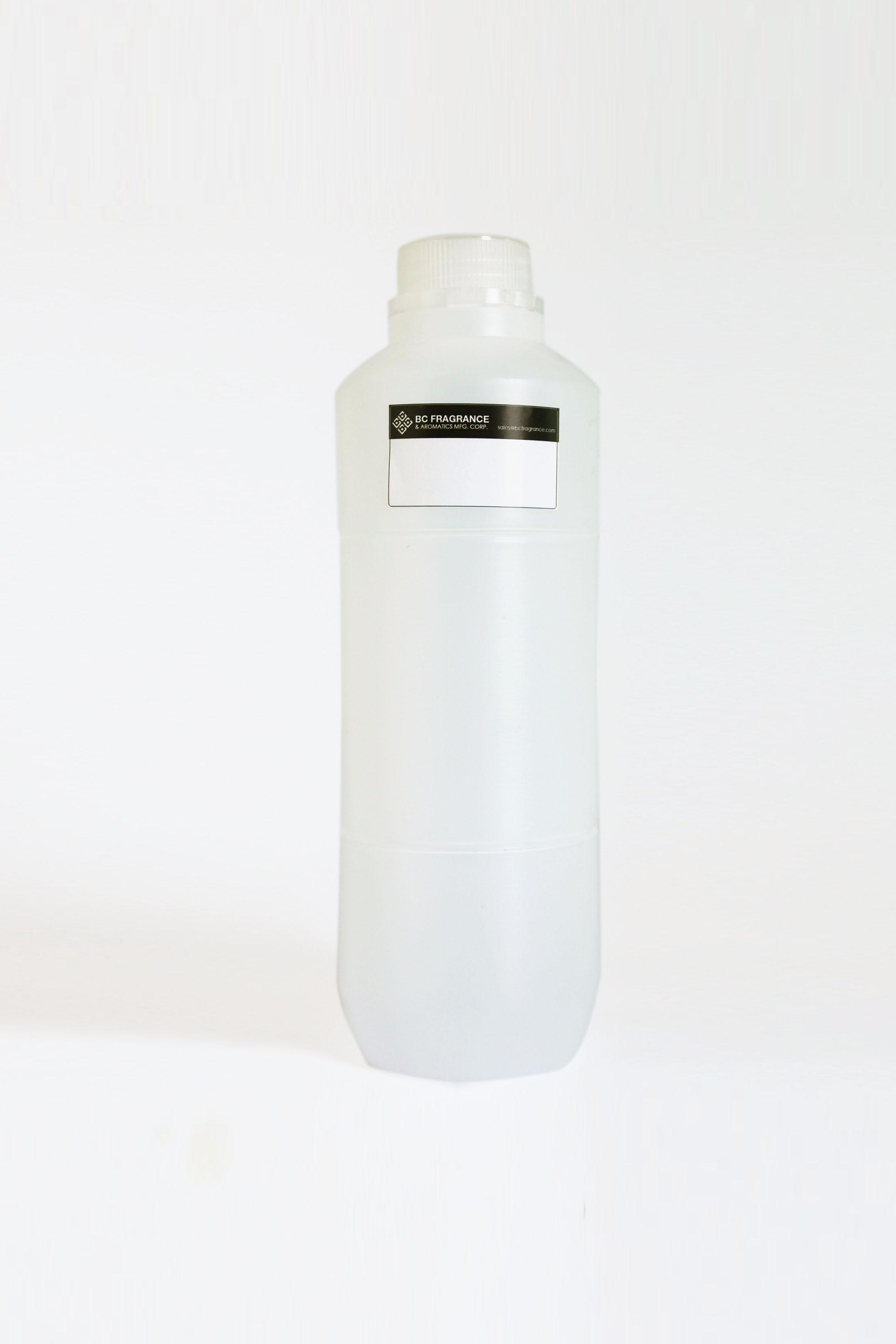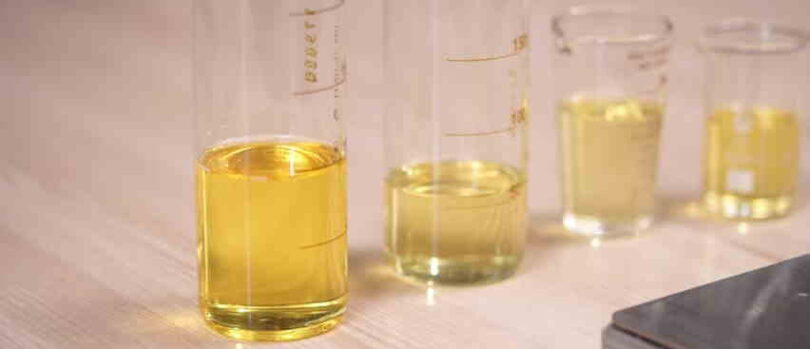DPG, or Dipropylene Glycol, is commonly used in perfume production in concentrations ranging from 1% to 10%. Perfume production involves the use of various ingredients to create a captivating scent.
One of these ingredients is DPG, or Dipropylene Glycol, which is used in different concentrations depending on the desired fragrance. DPG is a clear, odorless liquid that serves as a solvent, helping to dissolve and blend the other components of the perfume.
Its main purpose is to enhance the fragrance’s longevity and ensure that it is evenly distributed when applied. With concentrations typically ranging from 1% to 10%, DPG plays a crucial role in the formulation and production of perfumes. We will explore the significance of DPG in perfumes and its impact on the overall scent experience.
Dpg: An Essential Ingredient In Perfume Production
DPG, which stands for Dipropylene Glycol, is an essential ingredient in perfume production. This colorless liquid serves a crucial role as a solvent and diluent for fragrance oils. It aids in dispersing and carrying the aromatic compounds, ensuring a consistent and long-lasting scent.
DPG acts as a stabilizer, promoting the fusion of various fragrance components and preventing them from separating over time. As a non-toxic and odorless compound, it is widely used in the perfume industry. Its high boiling point allows for better evaporation control during the manufacturing process, resulting in a balanced and harmonious fragrance.
DPG also helps in enhancing the diffusion of perfume notes when applied on the skin, amplifying the overall olfactory experience. Its versatility and compatibility with various ingredients make it an indispensable component in the creation of captivating perfumes.
Determining The Optimal Dpg Concentration In Perfume
Determining the optimal concentration of DPG in perfume involves considering various factors. One key consideration is balancing fragrance longevity with skin sensitivity. It is important to find the right balance that ensures the perfume lasts without causing any adverse reactions on the skin.
Expert recommendations can guide manufacturers in determining safe and effective levels of DPG. By following these recommendations, perfume makers can create products that provide a pleasant scent experience while also prioritizing the well-being of their customers. It is crucial to consider these factors to create perfumes that not only smell great but also maintain high standards of safety and quality.
The concentration of DPG plays a significant role in achieving this delicate balance. By understanding the influences and expert recommendations, perfume makers can confidently create perfumes that are both enjoyable and safe.
Impact Of Dpg Concentration On Fragrance Performance
The concentration of DPG in perfume plays a significant role in the fragrance’s performance. Higher levels of DPG can enhance the projection and longevity of the scent, but this may come at the expense of complexity and nuance. It is essential to strike a balance and determine the preferred DPG concentration for different fragrance types.
By carefully considering the impact of DPG concentration, perfume manufacturers can achieve the desired scent characteristics while ensuring optimal performance. Experimentation and exploration are crucial in finding the right balance, as each fragrance has its unique requirements. Understanding the effects of DPG concentration can help create perfumes that captivate the senses and leave a lasting impression on the wearer.
Demystifying Misconceptions About Dpg In Perfume
DPG, also known as dipropylene glycol, is a commonly used ingredient in perfumes. It is important to understand the distinctions between DPG and other ingredients that have potential health risks. Contrary to misconceptions, DPG in perfume does not pose any serious threat to our well-being.
It is crucial to dispel the myths surrounding DPG as there is no evidence to suggest that it affects the quality of fragrance negatively. Experts have thoroughly studied the effects of DPG and found it to be safe for use in cosmetics.
With its low toxicity and excellent solubility properties, DPG is a valuable ingredient in perfumes. So, rest assured, when it comes to DPG in perfume, there is nothing to be concerned about.
Studying Dpg Alternatives In Perfume Formulation
Studying DPG alternatives is crucial for perfume formulation as it offers a comprehensive view of potential ingredients. These alternatives present benefits such as enhanced fragrance stability and reduced skin sensitivity. Comparing the pros and cons of these alternatives allows perfumers to make informed decisions.
An in-depth examination of the market trend towards non-DPG formulations reveals a growing demand for more sustainable and hypoallergenic options. Perfume manufacturers are striving to meet consumer preferences without compromising on quality and longevity. Exploring the world of DPG alternatives opens up new avenues for creativity and differentiation in the ever-evolving perfume industry.
By embracing these alternatives, perfumers can create enticing fragrances that cater to a diverse range of consumers while prioritizing sustainability and safety.

Credit: shop.bcfragrance.com
The Future Of Dpg In Perfume Manufacturing
DPG, or di-propylene glycol, is a crucial component in perfume manufacturing. As research progresses, innovative techniques are emerging that explore the utilization of DPG. However, sustainability is a growing concern in the fragrance industry, prompting the exploration of alternative options.
With ongoing advancements, the role of DPG in future perfume formulations is predicted to evolve, adapting to changing consumer preferences and environmental considerations. As the industry seeks sustainable solutions, the future of DPG in perfume manufacturing holds both challenges and opportunities.
Discovering alternatives that maintain the essence and longevity of fragrances while reducing environmental impact will likely shape the future landscape of perfume production. The journey towards sustainable fragrance formulations involves investigating the potential of various ingredients and techniques, prioritizing both efficacy and eco-friendliness.
As the fragrance industry evolves, it is crucial to stay informed about the emerging research and developments surrounding DPG and its utilization in perfume manufacturing.
Frequently Asked Questions Of How Much Dpg In Perfume
Is Dpg Necessary In Perfume?
Yes, DPG is necessary in perfume for its ability to enhance fragrance and improve longevity.
How Do You Mix Dpg In Perfume?
Mixing DPG in perfume involves carefully adding the DPG compound to the perfume formula for enhanced fragrance.
What Is The Percentage Of Dpg?
DPG percentage can vary, but it typically ranges between 1-5% in various products.
What Does Dipropylene Glycol Do To A Fragrance?
Dipropylene glycol helps enhance the lasting power and diffusion of fragrance.
Conclusion
Understanding the role of DPG in perfume is essential for both manufacturers and consumers. As an effective solvent and stabilizer, DPG plays a crucial role in ensuring the longevity and quality of the fragrance. Its low volatility and ability to mix well with other ingredients make it a popular choice in the perfume industry.
However, it is important to note that some individuals may have sensitivities or allergies to DPG, so it is always recommended to check the ingredients before purchasing or using a perfume. As a consumer, being aware of the amount of DPG in a perfume can help you make informed choices based on your sensitivities or personal preferences.
Manufacturers, on the other hand, need to strike a balance between using DPG for its benefits while also considering potential concerns surrounding its use. Ultimately, the use of DPG in perfume is a complex topic that requires careful consideration of various factors.
By understanding its role and being mindful of personal sensitivities, both manufacturers and consumers can enjoy the world of fragrance with confidence.








